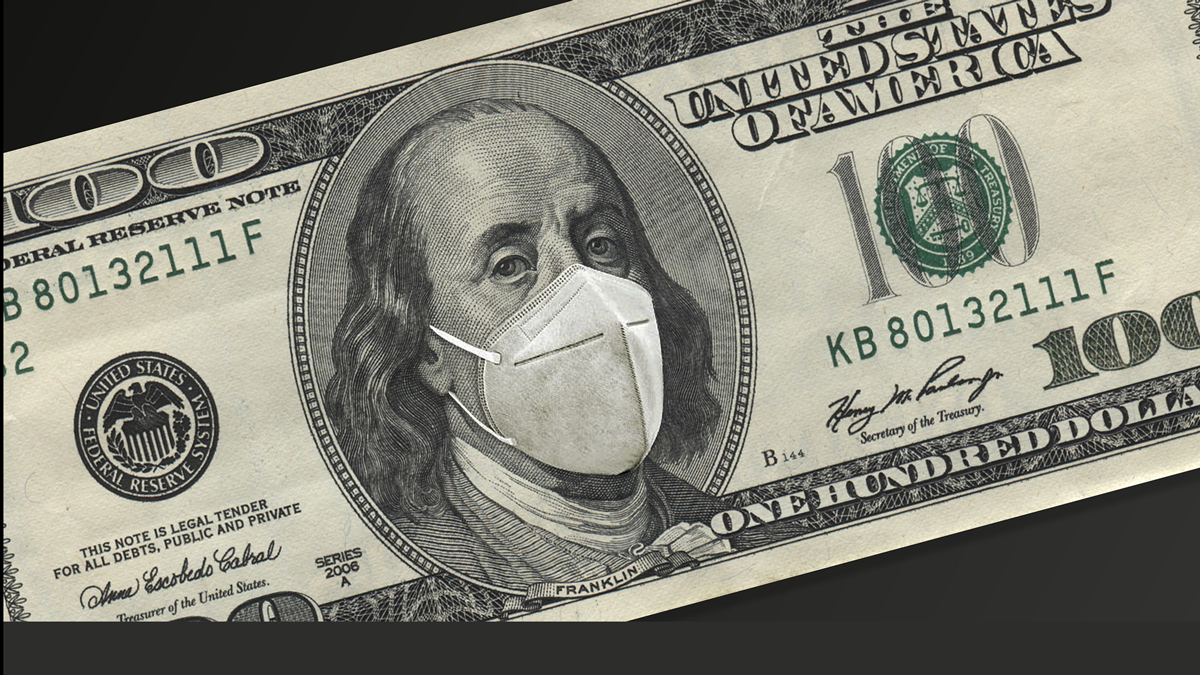
Above: Photo Credit: Photo Collage / Lynxotic
If we are failing to meet our commitments, it is because of a handful of the richest people on the planet refuse to pay their taxes.
2021 will perhaps be remembered as the year when the great powers demonstrated their inability to assume their responsibilities to prevent the world from sinking into the abyss. I am thinking of course of the 26th United Nations Climate Change Conference (COP26) in Glasgow. After having used up the available atmospheric space to develop, the industrialized countries reaffirmed their refusal to honour this climate debt, even though global warming has become an existential issue.
And this is not all. I also refer to the calamitous management of the Covid-19 pandemic. Rich countries have monopolized and hoarded vaccines, and then locked themselves in surreal debates about third doses or the comparative merits of this or that vaccine. This strategy sows death and hinders economic recovery in vaccine-deprived countries, while making them fabulous playgrounds for the proliferation of more contagious, more deadly and more resistant variants that do not care about borders.
If we add the tax evasion of the ultra-rich using tax havens, we arrive at a total loss of US $483 billion.
Finally, I also want to talk about another agreement imposed by the Northern capitals, apparently more technical, but which symbolizes their selfishness and blindness: the one on the taxation of multinationals. Concluded in October, it is a gigantic undertaking, the first reform of the international tax system born in the 1920s, totally obsolete in a globalized economy. Thanks to its loopholes, multinationals cause States to lose some US $312 billion in tax revenue each year, according to the “State of Tax Justice in 2021” just published by the Tax Justice Network, the Global Alliance for Tax Justice and Public Services International.
If we add the tax evasion of the ultra-rich using tax havens, we arrive at a total loss of US $483 billion. This is enough, the report reminds us, to cover more than three times the cost of a complete vaccination programme against Covid-19 for the entire world population. In absolute terms, rich countries lose the most tax resources. But this loss of revenue weighs more heavily on the accounts of the less privileged: it represents 10% of the annual health budget in industrialized countries, compared to 48% in developing ones. And make no mistake, the people responsible for this plundering are not the tropical islands lined with palm trees. They are mostly in Europe, first and foremost in the United Kingdom, which, with its network of overseas territories and “Crown Dependencies”, is responsible for 39% of global losses.
In this context, the agreement signed in October is a missed opportunity. Rich countries, convinced that complying with the demands of their multinationals was the best way to serve the national interest, put themselves behind the adoption of a global minimum corporate tax of 15%. The objective, in theory, is to put an end to the devastating tax competition between countries. Multinationals would no longer have an interest in declaring their profits in tax havens, since they would have to pay the difference with the global minimum tax.
In reality, at 15%, the rate is so low that a reform aimed at forcing multinationals to pay their fair share of taxes risks having the opposite effect, by forcing developing countries, where tax levels are higher, to lower them to match the rest of the world, causing a further drop in their revenues. It is no coincidence that Ireland, the European tax haven par excellence, has graciously complied with this new regulation.
Taxation is the very expression of solidarity. In this case, the absence of solidarity. A global tax of 15% on the profits of multinationals will only generate US $150 billion, which, according to the distribution criteria adopted, will go, as a priority, to rich countries. If ambition had prevailed, with a rate of 21% for example, we would have obtained an increase in tax revenues of US $250 billion. With a rate of 25%, tax revenues would have jumped by US $500 billion, as recommended by ICRICT, the Independent Commission on the Reform of International Corporate Taxation, of which I am a member, along with economists such as Joseph Stiglitz, Thomas Piketty, Gabriel Zucman and Jayati Ghosh.
Making multinationals pay their fair share of taxes, fighting climate change, dealing with Covid-19 and future pandemics: in reality, everything is linked. While the virus is on the rise again with the arrival of winter in the northern hemisphere, the boomerang effect of the vaccine monopolies no longer needs to be shown or explained. As for the climate emergency, we know from a recent study by the World Inequality Lab that the map of carbon pollution is perfectly in line with that of economic disparities. The richest 10% of the world’s population emit nearly 48% of the world’s emissions—the richest 1% produce 17% of the total!—while the poorest half of the world’s population is responsible for only 12%.
This gap is obvious between countries, but also within them. In the United States, the United Kingdom, Germany and France, the emissions levels of the poorest half of the population are already approaching the per capita targets for 2030. If we are failing to meet our commitments, it is because of a handful of the richest people, the same people who do not pay their taxes. It is time for our elites to realize that fighting inequality on all fronts—health, climate and tax—is our only way out. Otherwise, there is no salvation for humanity—and it is no longer a hyperbole.
Originally published on Common Dreams by EVA JOLY and republished under under Creative Commons license (CC BY-NC-ND 3.0)
Related Articles:
- What if “Non-human Biologics” are Watching?
- ‘Most Significant Charges Yet’: Trump Indicted for Trying to Overturn 2020 Election
- But what am I?’ Pee-wee Herman creator and star, Paul Reubens dead at 70
- The Congressional Hearing On UFOs Confirmed the Existence of Aliens? Maybe
- The Earthly Frontier: Building a Sustainable Future at Home
Find books on Music, Movies & Entertainment and many other topics at our sister site: Cherrybooks on Bookshop.org
Enjoy Lynxotic at Apple News on your iPhone, iPad or Mac.
Lynxotic may receive a small commission based on any purchases made by following links from this page
